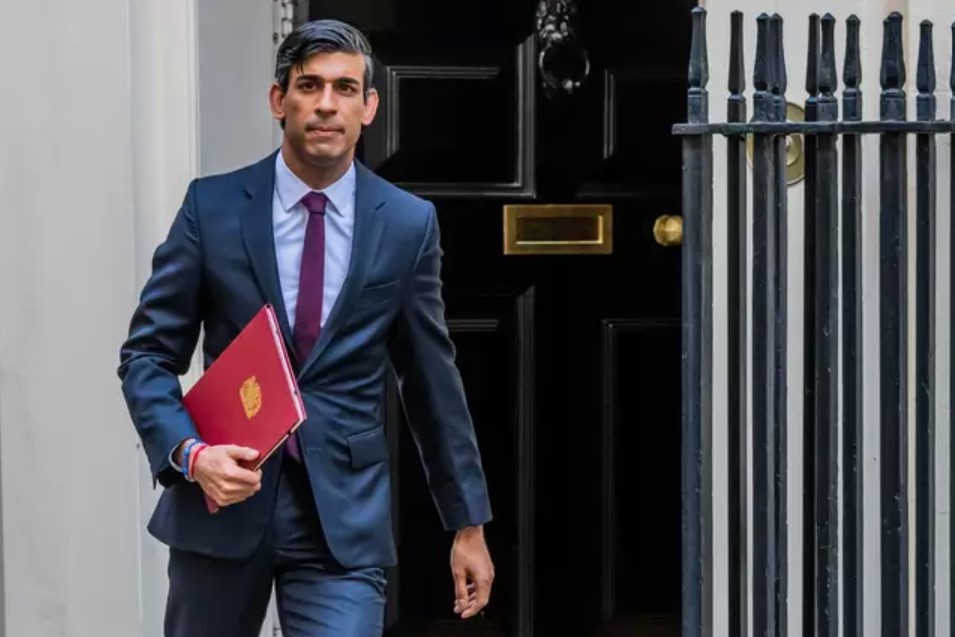


The government of Chancellor Rishi Sunak is preparing to change immigration laws significantly in an attempt to lower net migration numbers, which peaked at 745,000 in 2022. The Prime Minister is about to announce several significant initiatives, including a sharp rise in the minimum wage requirement for immigrants entering the UK, in response to growing pressure from within his party.
The unexpected increase in net migration statistics has forced the administration to respond decisively. Suella Braverman, the former home secretary, did not hold back when she referred to the data as a "slap in the face" and urged prompt action to rectify the problem.
With the support of right-wing Tory MPs, Braverman specifically pushed for policies like raising the minimum wage level for foreign workers and limiting net migration.
Home Secretary James Cleverly is set to unveil a revolutionary rise in the salary criteria for immigrants on Monday. The barrier, which is currently £26,200, is anticipated to rise to £38,000.
The noteworthy advancement was covered by The Sun, which also highlighted how the suggested actions are expected to have a big influence. As for the strength of the incoming package, a senior Whitehall source warned that watchers "will be surprised at how strong a package it is."

It is expected that the amendments will go beyond raising the salary requirement to include other facets of immigration law.
The amount of dependents social workers are permitted to bring into the UK may be restricted, and there are discussions about revising the shortage occupation list. The specifics of whether NHS and social care visa caps will apply are still unknown.
Robert Jenrick, the minister of immigration, has made a strong case for the necessity of a thorough strategy. He suggested imposing a drastic "Australia-style" cap on the annual net migration figures.
Even though Jenrick and Braverman allegedly advocated for a higher wage criterion of £45,000, the suggested rise to £38,000 is still a significant amount.
Concurrently, the government is managing the expulsion of asylum seekers, and Home Secretary James Cleverly is scheduled to conclude a deal with Rwanda.
However, questions have been raised over the constitutionality of emergency measures and possible Supreme Court challenges. Senior Tory Mark Francois stressed that to properly handle the complicated matter, the UK must choose to withdraw from the European Convention on Human Rights.
It is unclear how these big measures would affect immigration dynamics and the larger political landscape as the government prepares to announce them.
The government's approach and response to the ongoing difficulties with managing immigration in the UK should become clearer in the next several days.
As of right now, the minimum pay is £26,200. The government intends to boost it to £38,000, which will be a major change in the effort to reduce net migration.
It's yet unclear how this will affect the political environment. The revisions are expected to clarify the government's approach to handling immigration issues in the UK, but the full impact will be more apparent in the days ahead.